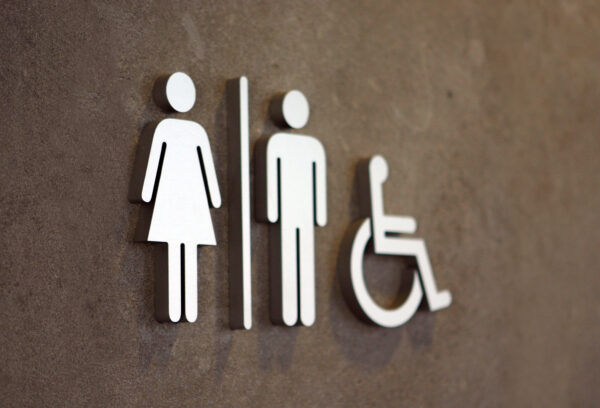

The recent case of Costcutter Supermarkets Group Ltd v Vaish and another [2024] has clarified the applicability of a limitation of liability provision in respect of a claim to enforce a payment obligation, which is a point to note for schools entering into commercial contracts.
Limitation of liability
The parties to a contract can never exclude liability for fraud, or injury or death caused by negligence. However, in order to limit potential risk your school and a supplier may consider imposing a cap on liability in respect of a claim, which could be a percentage of the contract price – i.e., 50% of the contract in the year directly preceding the claim.
Background
Costcutter had entered into a commercial agreement with Mr Vaish pursuant to which Costcutter would provide goods to his supermarket. However, Mr Vaish moved to a different supplier and cancelled the direct debit to Costcutter. Costcutter launched a claim against Mr Vaish relating to payment of a debt for goods. Mr Vaish counter-claimed for lost profits which were allegedly caused by a change in Costcutter’s business model.
The commercial contract between Costcutter and Mr Vaish contained a limitation of liability clause which limited liability for tortious, statutory and breach of contract claims to five times the service charge paid in respect of the preceding year. However, no service charge had been paid in the previous year. The judge therefore decided that both parties’ claims were considered as limited to zero under the contract.
The court’s decision
Costcutter appealed the decision in relation to its claim for non-payment for goods delivered. On appeal, the previous ruling was criticised. It was found that the judge had failed to distinguish between claims for collection of a debt, known as ‘primary claims’, and claims in damages, known as ‘secondary claims’.
Whilst the limitation of liability clause expressly prevented the secondary claim, as that was a claim for damages flowing from an alleged breach of contract, it did not apply to Costcutter’s claim as it was not seeking damages, but was rather seeking to enforce a primary payment obligation.
Implications
The court’s decision in this case clearly demonstrates that, where there is a limitation of liability clause in a commercial contract, the parties should ensure that the effect of the clause is understood. Where a school has a commercial contract in place with, for example, a catering supplier, we would anticipate that it will include a limitation of liability clause. From the school’s perspective, it is helpful to understand whether the clause is drafted to limit actual payment obligations, as well as liabilities for breach of contract. If so, in the event of a claim against the school for non-payment, this type of clause could prove helpful.
This case shows that when entering into commercial contracts it is vital for schools to understand exactly what they are agreeing to.










